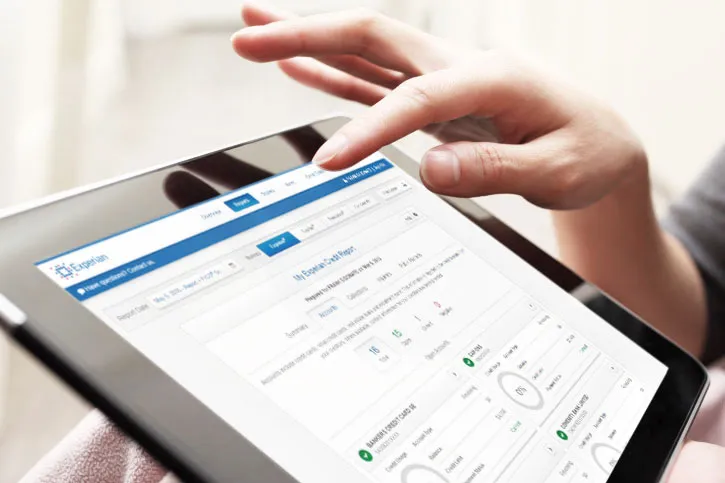Closed Credit Card Accounts Showing on Credit Report

Dear Experian,All my credit cards are paid in full and closed but still show revolving on my credit history. I want to clean up my credit history. What steps do I need to follow?
- SHS
Dear SHS,
You are confusing the "account type" with the "account payment status." Paid, closed accounts are not deleted right away from your credit history.
The word "revolving" describes the type of account and means it is a credit card. Credit cards are called revolving accounts because you can carry a balance from one month to the next, or "revolve" the debt.
Other account types include installment loans, such as auto loans, which have a principle loan amount that you pay off with a set payment amount due at the same time each month, and charge accounts, which are like credit cards, but require that you pay the full balance each month, so do not "revolve."
Closed Revolving Accounts Remain on Credit Report
When a revolving account is closed, the payment status will be updated to show "Closed" instead of "Open." The account information will also show if there is a balance and whether the account payments are current, late or had been late.
Installment loans will show the same information, but rather than "closed" they state "paid" when the balance has been paid in full.
How Long Do Closed Accounts Remain on the Report?
The accounts will continue to appear in your credit report after they are paid off. The account entry will show an account type of "revolving," an account payment status of "closed," and will no longer show a balance, if it was paid in full.
If the accounts have been delinquent, they will be deleted seven years from the original delinquency date of the account. If they were never late, they will remain 10 years from the closed date.
Closed accounts with no late payment history remain longer than closed accounts that were delinquent in the past. Doing so results in the positive information helping your credit history as the negative accounts are deleted
Steps to Take to Improve Your Credit
The two most important factors in credit scoring are:
- your payment history
- your credit utilization rate
You've taken the first and most important step to improving your credit history by paying off the accounts. Now it's just a matter of waiting until any negative information is deleted.
However, if you have no open accounts and no credit activity, you are not demonstrating that you can manage credit and your credit history and it will quickly reach a point at which your credit report cannot be "scored."
If possible, you should keep at least one credit card open and use it to make small purchases, paying the balance full each month to avoid going into debt or paying finance charges. Otherwise, you may not be able to qualify for new credit services when you want them.
Pay Attention to Your Credit Score Risk Factors
If you order a copy of your credit score from Experian, it will come with a list of the top factors that are currently impacting your credit scores. These factors are specific to your unique credit history and will help you determine what changes you can make to help improve your credit scores over time.
Thanks for asking.
The "Ask Experian" team
What’s on your credit report?
Stay up to date with your latest credit information—and get your FICO® Score for free.
Get your free reportNo credit card required